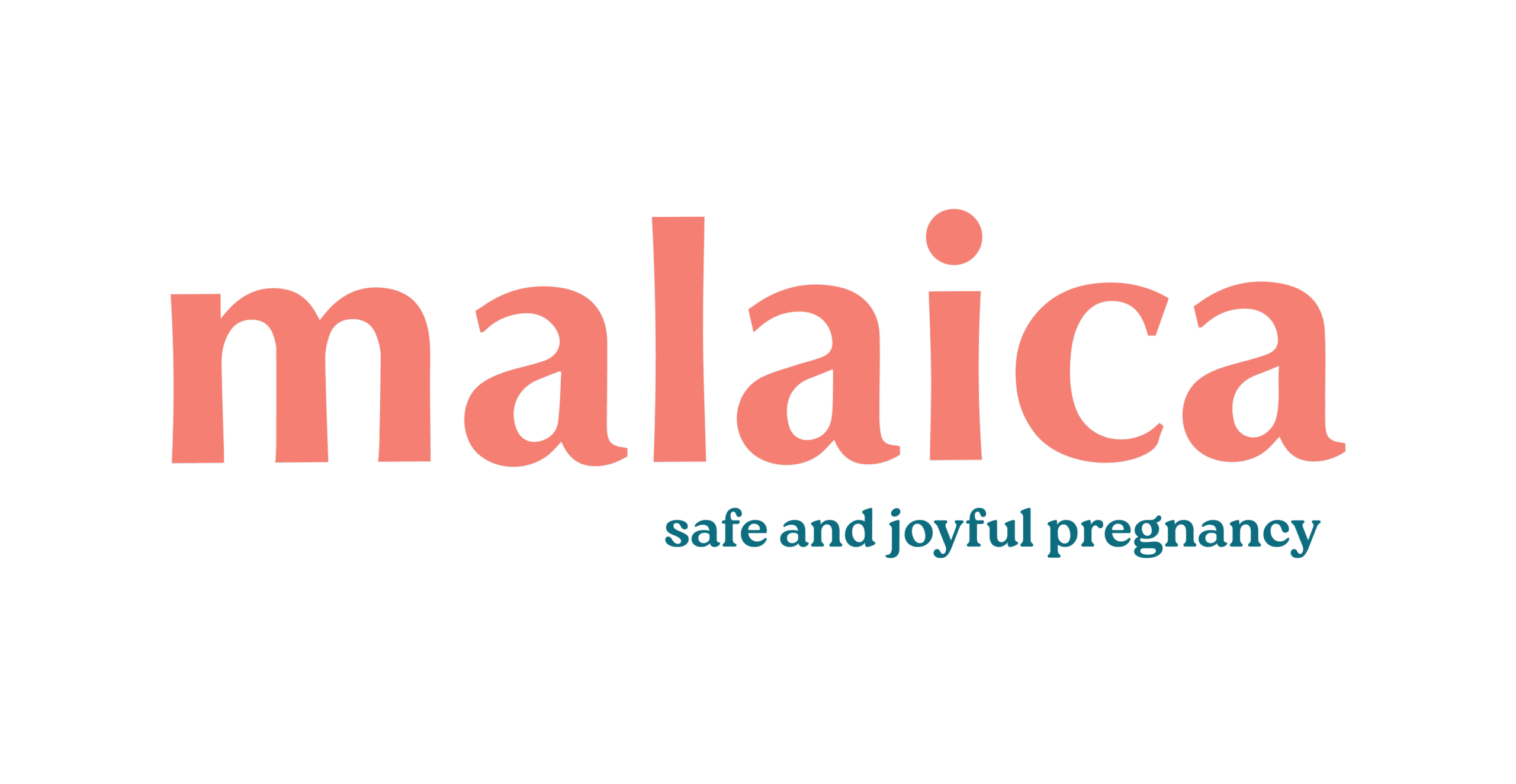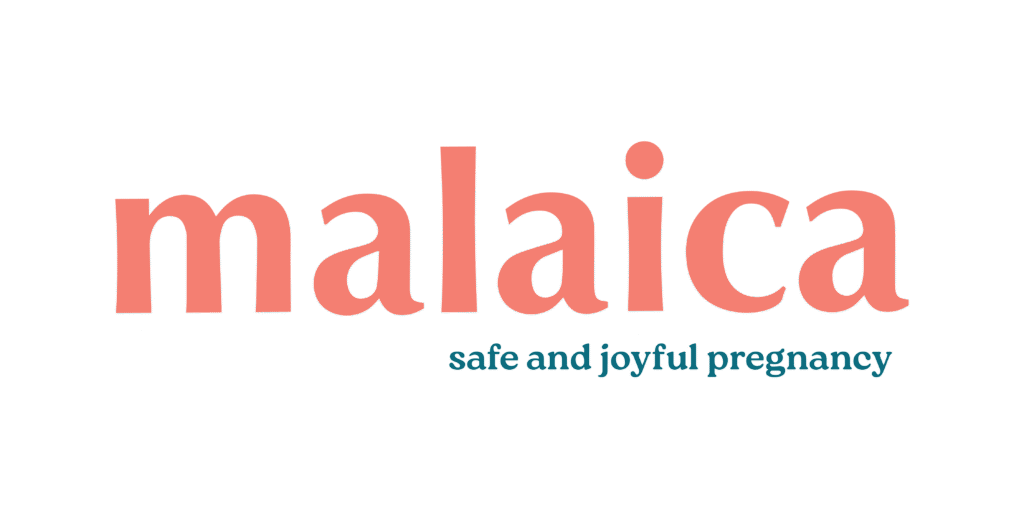Millions of couples around the world are struggling to conceive. While contraception has been the core focus in the past, conception and fertility are getting more and more attention.
1) You are not alone
It is important to know that difficulty in conceiving is very common. One in every six couples is struggling to have a baby. This frequency increases with age, especially after the age of 35.
2) What causes infertility?
Causes of infertility are multiple and sometimes complex. Common causes in Kenya include blocked tubes, problems with sperm production and transport as well as infrequent or failed ovulation.
About one third of fertility issues can be attributed to the woman’s side, one third to the male side, and one third to a combination and/or unknown reasons.
The fact that men are as often the reason for fertility issues is not always well known. So getting pregnant should be a joint project to maximize chances of success.
3) How can I increase chances to get pregnant?
While some causes of infertility are not preventable, there are several things you can do to increase chances of getting pregnant:
- Eat healthy: Maintain a healthy weight by exercise and good diet (see next point)
- Stop smoking and use of recreational drugs
- Avoid sexually transmitted infections: Avoid multiple partners and/or use condoms, get screened and treated promptly if you contract an infection
- Age: Beware of rapid decline in fertility after the age of 35
4) Eat healthy
Eating a healthy diet is not about strict limitations, staying unrealistically thin, or depriving yourself of the foods you love.
However, research suggests that the following tips can improve your fertility:
- Unsaturated fat: Fat from foods such as avocados and olive oil is better than fat from meat and other sources
- Vegetables and fruit: Less animal protein and more vegetable protein
- Whole grain: Whether maize, wheat, oat, rice, barley, or other carbs – it is best to go for whole grain
- Meat: Fish is preferable over chicken and other meat sources
A healthy diet will not only increase chances to conceive but also get you off to a healthy start in pregnancy.
5) Understand timing
For conception to occur, a biologically healthy man must have sexual intercourse with a healthy woman at a favorable time of her cycle. Whether you get pregnant or not depends on whether you have sex during this favorable window which lasts between 3 and 6 days.
So when is the favorable window?
If you are having a regular 28 day cycle, the best time to get pregnant will be 10-14 days after your menstruation. If your cycle is shorter than 28 days the fertile period will be earlier, or later if your cycle is longer than 28 days.
The best way to get timing right is using a period tracking app. There are many free options available, with Flo or Clue being among the most popular. These apps are based on the calendar method. It is possible to add daily temperature measurements to increase accuracy.
The most accurate way to understand timing is to use an “Ovulation Prediction Kit”. This is a urine test available at the chemist. It works by detecting a surge in the luteinizing hormone which happens just before ovulation.
6) Should I take over-the-counter drugs to boost my fertility?
No. Fertility drugs should only be taken after a gynecological evaluation. The commonly prescribed clomid tablet is open to abuse, and prolonged use may cause serious risks that may include ovarian cancer. Please talk to a medical expert before commencing on any fertility drugs.
7) When should I see a fertility expert?
If you are younger than 35 you should see a fertility expert after one year of unsuccessful trying. Women older than 35 should do this after 6 months as available time to get pregnant gets shorter.
Malaica has worked out a list with the best Kenyan fertility experts. See this page for further information.
8) What tests should I do if I am having problems conceiving?
Your medical evaluation will guide which tests are necessary. Some tests are expensive and should not be done routinely. Initial tests include assessment of sperms and confirmation of ovulation. In some cases a reproductive hormone profile is recommended. Further testing may involve assessing the fallopian tubes, uterus, ovaries and testes.
9) What treatment options are available?
This will depend on the problems identified. Some couples will benefit from simple lifestyle modifications such as stop smoking or lose weight.
Additional interventions include the following:
- Fertility drugs: Such drugs may improve the production or quality of eggs or sperm
- Insemination (IUI): Sperm that has been washed and concentrated is placed directly into the woman’s uterus during the fertile window
- IVF: In vitro fertilization is an advanced reproductive technique
- Surgery: A minority of women may benefit from surgery to correct fallopian tube problems.
10) What about cost?
Any couple who have faced sub-fertility are aware of the costs involved. Some face endless consultations, tests and operations that leave them drained out of cash, and nowhere near to conception.
Couples should take reasonable steps to reduce expenses. Initial consultations can be with a general gynecologist. If things are dragging on, early referral to a fertility expert is advisable.
It is foolhardy to embark on expensive female tests and treatments if the male partner has never been evaluated. Treatment choices should be discussed in detail. You should expect to be told the expected success rates, with costs being tabulated upfront. Such information enables you to make the right decisions.
Tubal disease is the most common cause of sub-fertility in Kenya, and easily amenable to IVF treatment. Standard IVF treatment costs about KES 400,000 and translates into decent success rates.
For patients who cannot afford such amounts, low-cost IVF may be a good alternative to no treatment at all. Such approaches yield less eggs and embryos, and consequently lower success rates, but at a considerably lower cost.
A visit to your insurance company or employer may be worth a try. The WHO now classifies sub-fertility as a disease, equating it to other insurable conditions. It’s time to advocate for fertility insurance cover. In desperate circumstances, low-interest ‘fertility loans’ come in handy.
Further reading
Malaica has worked out a list with the best Kenyan fertility experts. See this page for further information.


